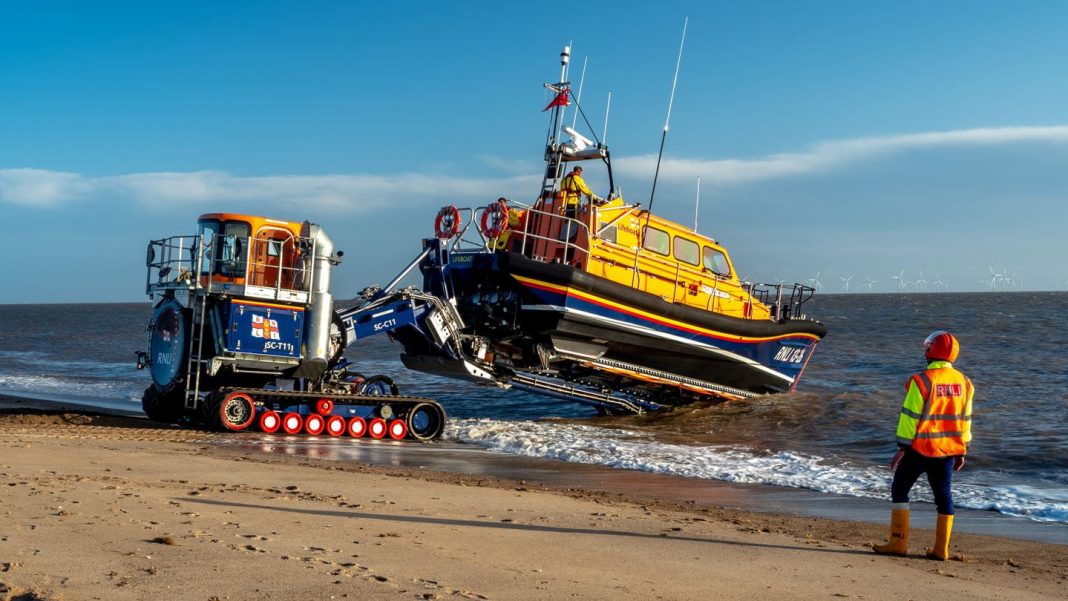The Humber lifeboat station is one of seven RNLI locations that will share in a £140,000 two-year deal with offshore wind developer Ørsted to fund training for volunteers.
RNLI volunteers train at least fortnightly on station and regularly at night to replicate real life emergencies. This training is supported by attendance at the award-winning residential RNLI College in Poole, visits to stations by trainers and via distance learning courses.
With 12 operational offshore wind farms in the UK, Ørsted shares the same strong focus on safety and use training as a catalyst to ensure that staff have the right tools and the knowledge to keep everyone safe working at sea. These offshore wind farms are all located in areas corresponding to the seven RNLI stations supported through the partnership.
Since Ørsted and the RNLI first joined forces in 2015 the partnership has directly supported more than 1,700 lifeboat launches, helped more than 1,900 people in distress and saved 88 lives.
Duncan Clark, Head of Region UK at Ørsted, said: “The offshore environment can be extremely challenging, so it’s vital that everyone is equipped with the knowledge and tools to keep themselves and others safe. As a company constructing and operating major offshore wind projects, we have first-hand experience of these challenges which is why we have such a strong focus on safety and training. Through the latest phase of this partnership, our aim is to help the RNLI crews to continue to deliver the best possible training to its volunteers.”
Alex Evans, Lifesaving Training Manager at the RNLI, said: “We are so grateful to Ørsted for funding vital training for our volunteer crews at these lifeboat stations. Their support is very important to us and it’s fantastic how, so many of our crew members have benefitted from Ørsted funding their training. As only one in ten of our volunteer crew members comes from a professional maritime background, the courses we deliver and ongoing support we provide is crucial in giving our volunteers the training they need to help keep them as safe as possible while carrying out rescues. It gives volunteers the confidence to save lives even in the most challenging conditions.”



